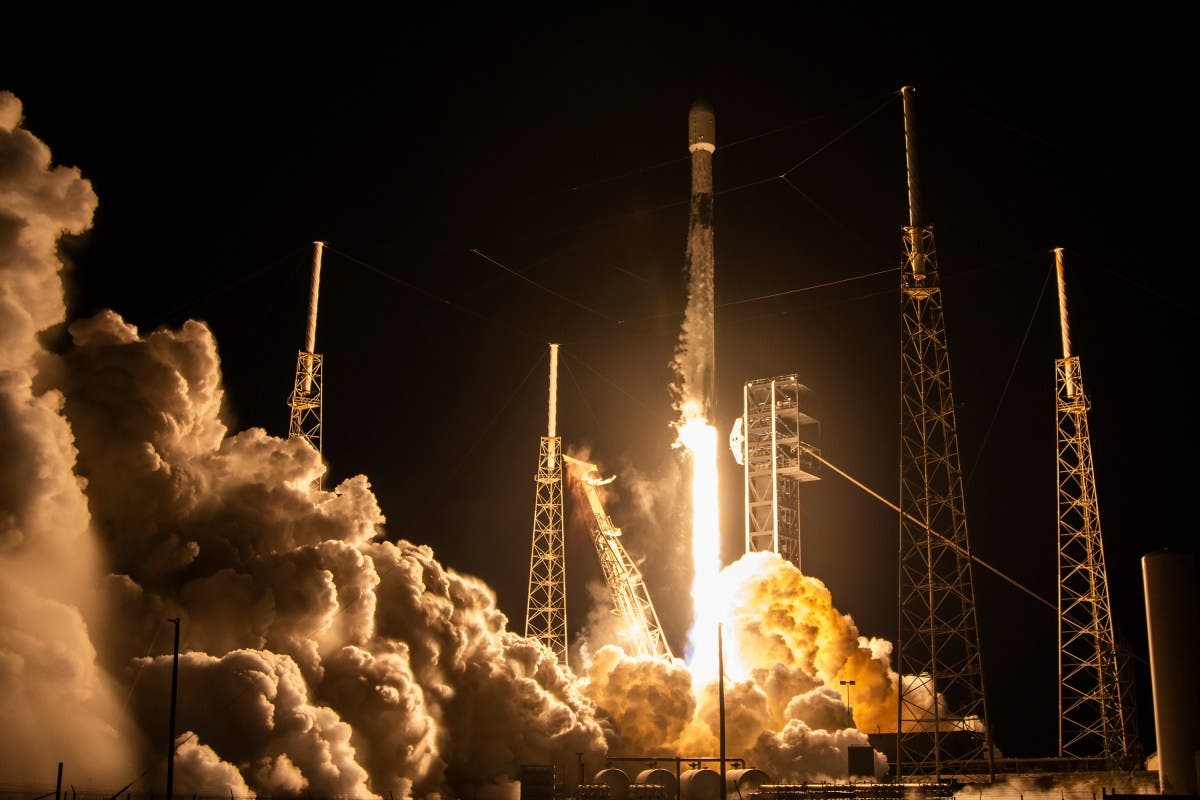In the early hours of Sunday, Elon Musk’s SpaceX successfully launched a Falcon 9 rocket carrying 18 different satellites into space on a mission named Bandwagon-4. Among these satellites was Haven Demo, a test satellite designed to assist Vast Space—a U.S.-based aerospace company—in preparing for the launch of Haven-1, a privately owned space station.
**Why It Matters**
Haven Demo will test whether key systems—such as flight computers and navigation—function properly in space. If all goes according to plan, Haven-1, which Vast Space aims to launch by mid-2026, could become the first-ever commercial space station capable of accommodating up to four astronauts at a time. This would mark a significant milestone for the U.S. in advancing space commercialization.
**What To Know**
At 1:09 a.m. EDT on November 2, SpaceX launched the Falcon 9 rocket from Cape Canaveral Space Force Station in Florida, carrying Haven Demo along with 17 other satellites. These included satellites operated by South Korea’s Agency for Defense Development (ADD), the Berlin-based company Exolaunch, Turkey’s Fergani Space, U.S. weather-forecasting firm Tomorrow Companies, and Starcloud, which transported an NVIDIA H100 AI chip to explore the feasibility of building an artificial intelligence-powered, space-based data center.
About eight minutes after liftoff, the rocket’s first stage successfully landed back on Earth to be reused for future missions. Meanwhile, the upper stage continued into orbit, deploying the satellites over the course of an hour. The first satellite deployed, approximately 12 minutes after launch, was the fifth 425 Korea satellite from South Korea’s ADD, designed for military surveillance. Due to the confidential nature of this satellite, SpaceX ended its live launch coverage before deploying the remaining payloads.
Bandwagon-4 represents the fourth mission in SpaceX’s Bandwagon program, which allows multiple countries and businesses to share a single rocket launch.
**What People Are Saying**
Investor Mario Nawfal posted on X:
“From ignition to orbit, the Falcon 9 delivered its cosmic cargo with surgical precision, reminding competitors that SpaceX doesn’t miss, it multiplies. At this point, SpaceX isn’t just launching satellites, it’s launching standards the rest of the industry struggles to catch up with.”
Philip Johnston, cofounder and CEO of Starcloud, shared on X:
“This is the first time anyone has flown an @NVIDIA H100 in space, which is orders of magnitude more powerful GPU compute than has ever been in space before.”
**What Happens Next**
With the successful launch of the Haven Demo satellite, the next phase focuses on testing. The satellite will begin verifying its systems—such as its maneuverability in space, computer performance, and navigation capabilities. These tests are critical to ensuring everything functions correctly before Vast Space proceeds with launching Haven-1.
Stay tuned for updates on this exciting step toward the future of commercial space stations and space-based technology.
https://www.newsweek.com/elon-musk-launches-satellite-to-test-systems-for-private-space-station-10978233
